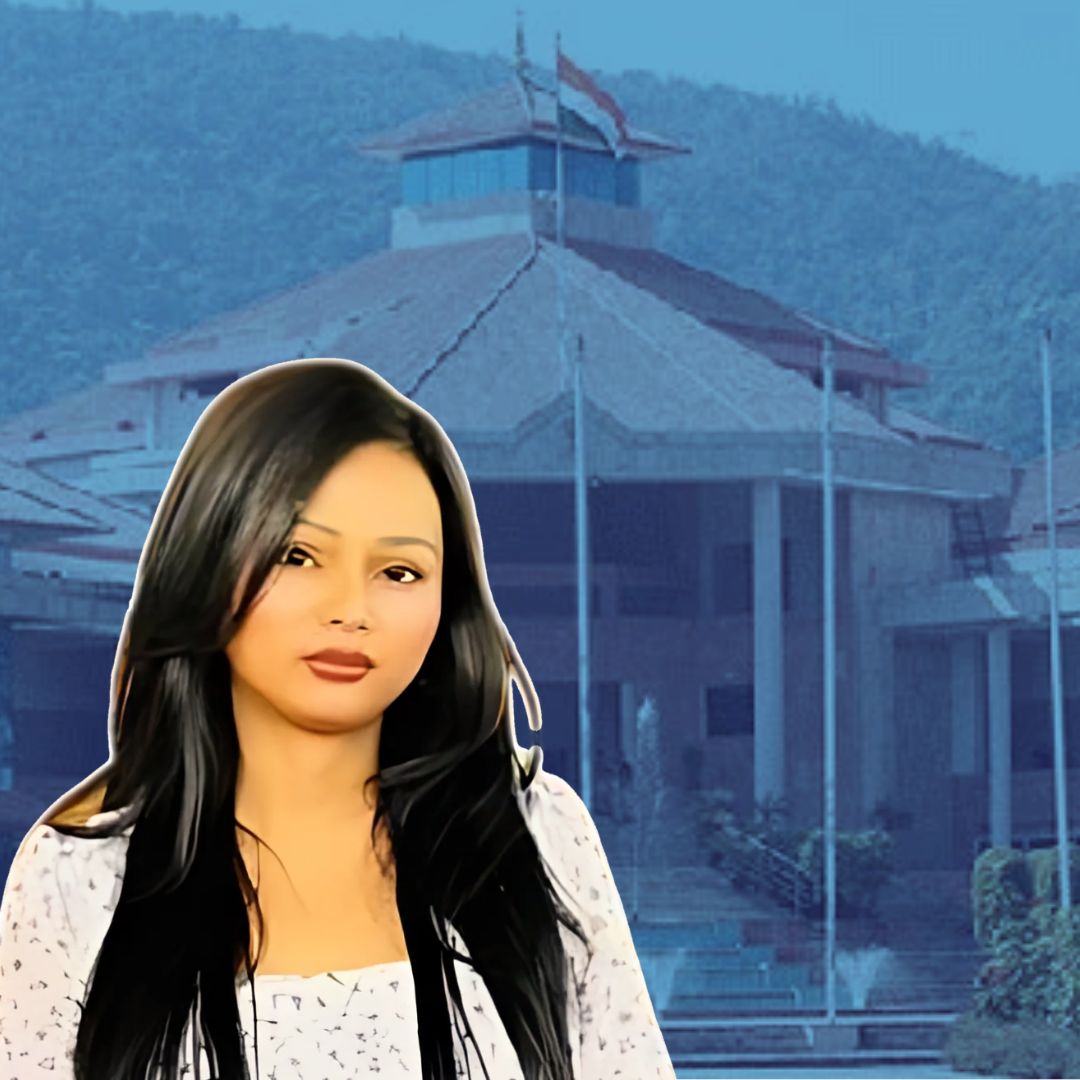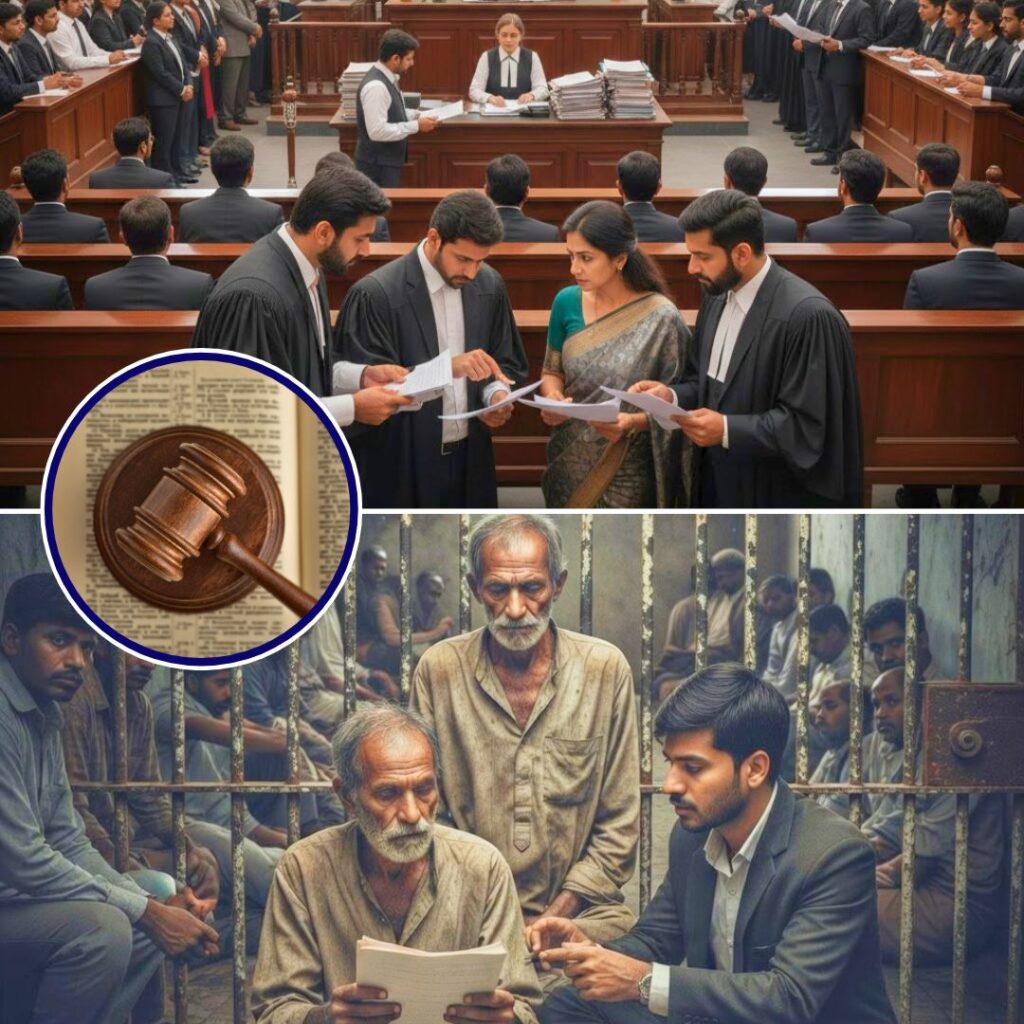In a landmark decision on Tuesday, the Manipur High Court directed educational authorities to issue fresh academic certificates to Dr Beoncy Laishram, Northeast India’s first openly transgender doctor. The court’s ruling mandates that the Board of Secondary Education Manipur, the Council of Higher Secondary Education Manipur, and Manipur University update her academic documents to reflect her chosen name and gender identity without delay.
Born biologically male as Boboi Laishram, Dr Beoncy underwent gender reassignment surgery in 2019 and has since completed all legal and medical requirements to be recognised as female. While she successfully updated her Aadhaar, Voter ID, and PAN cards, institutional resistance prevented the amendment of her academic certificates, pushing her to seek judicial remedy.
The court’s verdict upholds her dignity and enforces the legal provisions of the Transgender Persons (Protection of Rights) Act, 2019, providing critical clarity on the obligations of educational institutions in India toward transgender individuals.
Legal Validation of Transgender Rights in Education
The court’s ruling explicitly recognised that educational bodies cannot deny transgender individuals the right to have their academic documentation altered to reflect their gender identity. The judgment emphasised that Sections 6 and 7 of the Transgender Persons (Protection of Rights) Act, 2019, mandate the official recording of a transgender person’s self-identified name and gender in all government and educational records post-transition.
The High Court criticized authorities for citing administrative difficulties or lack of procedural clarity as reasons for denial, stating that the law supersedes such objections. Additionally, the court ruled that the final academic institution attended by the candidate must issue updated certificates regardless of whether previous institutions have made changes.
The court also assigned responsibility to the Manipur Chief Secretary for ensuring compliance across all departments and directed that such processes be institutionalised immediately to avoid similar disputes.
The Struggle of Dr Beoncy Laishram: A Personal and Public Battle
Dr Beoncy’s journey has been marked by perseverance and resilience against administrative barriers that many transgender persons face. Following her transition surgery in 2019, she legally changed her name and gender in most official documents without issue. However, her academic certificates remained in her former identity, which not only affected her professional recognition but also was a source of emotional distress.
With universities and boards denying her requests for correction, her legal petition became a crucial step in demanding equality and recognition. Advocates for transgender rights hailed the ruling as a decisive win, noting that academic certificates are foundational documents that influence employment, higher education, and social dignity.
This case now sets an important precedent, reflecting growing judicial awareness and sensitivity toward transgender rights in India’s education system.
The Logical Indian’s Perspective
This ruling is a milestone that underscores the importance of empathy, respect, and human rights in both legal frameworks and everyday institutions. For transgender individuals, official recognition of their chosen identity across all documentation is essential to living authentically and accessing equal opportunities.
Unfortunately, systemic obstacles persist in many educational and administrative systems, where outdated policies or lack of awareness cause discrimination and exclusion. The Logical Indian supports judicial interventions like this that protect vulnerable communities and push for reforms that make institutions welcoming and fair.
As education is a fundamental right, the responsibility lies with policymakers and educational bodies to create simple, clear processes ensuring all students are recognised for who they are. How can we, as a society, accelerate these changes so that dignity and justice are accessible to everyone, regardless of gender identity?













